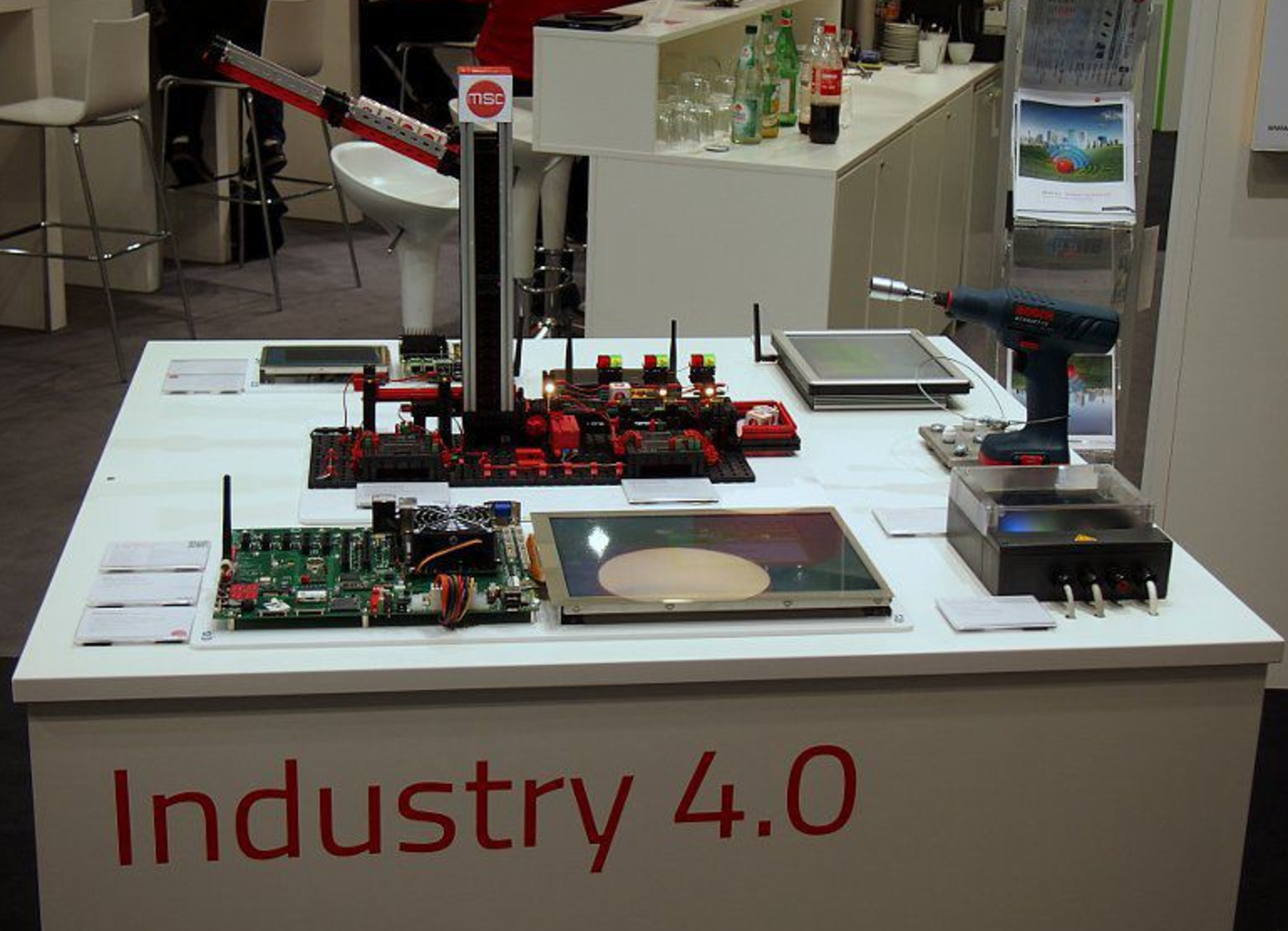U.S. Navy to evaluate and test exoskeletons
Lockheed Martin has received a contract through the National Center for Manufacturing Sciences (NCMS) for the U.S. Navy to evaluate and test two FORTIS exoskeletons. This marks the first procurement of Lockheed Martin’s exoskeletons for industrial use. Terms of the contract were not disclosed.
The FORTIS exoskeleton is an unpowered, lightweight exoskeleton that increases an operator’s strength and endurance by transferring the weight of heavy loads from the user’s body directly to the ground
The objective of this effort is to mature and transition exoskeleton technology to the Department of Defense industrial base and perform testing and evaluation for industrial hand-tool applications at Navy shipyards.
“Ship maintenance often requires use of heavy tools, such as grinders, riveters or sandblasters,” said Adam Miller, director of new initiatives at Lockheed Martin Missiles and Fire Control. “Those tools take a toll on operators due to the tools’ weight and the tight areas where they are sometimes used. By wearing the FORTIS exoskeleton, operators can hold the weight of those heavy tools for extended periods of time with reduced fatigue.”
FORTIS exoskeleton transfers loads through the exoskeleton to the ground in standing or kneeling positions and allows operators to use heavy tools as if they were weightless. An advanced ergonomic design moves naturally with the body and adapts to different body types and heights. Using the Equipois zeroG® arm, operators can effortlessly hold objects up to 36 pounds, increasing productivity by reducing muscle fatigue and avoiding muscle injury.
Lockheed Martin has been investing in exoskeleton research and development for more than five years, most recently through the NCMS Commercial Technologies for Maintenance Activities (CTMA) program. These investments have led to advancements in powered and unpowered exoskeleton systems for applications ranging from military to industrial.
“We are pleased that once again a technology advanced through our highly successful CTMA program will be put into commercialization,” said Rick Jarman, president and chief executive officer of NCMS. “The Lockheed Martin FORTIS exoskeleton contract is just ano
ther example of how collaboration around research and development speeds the time to market for these important innovations. We applaud Lockheed Martin for seeing the value in our CTMA program.”
Source : Lockheed Martin Corporation



